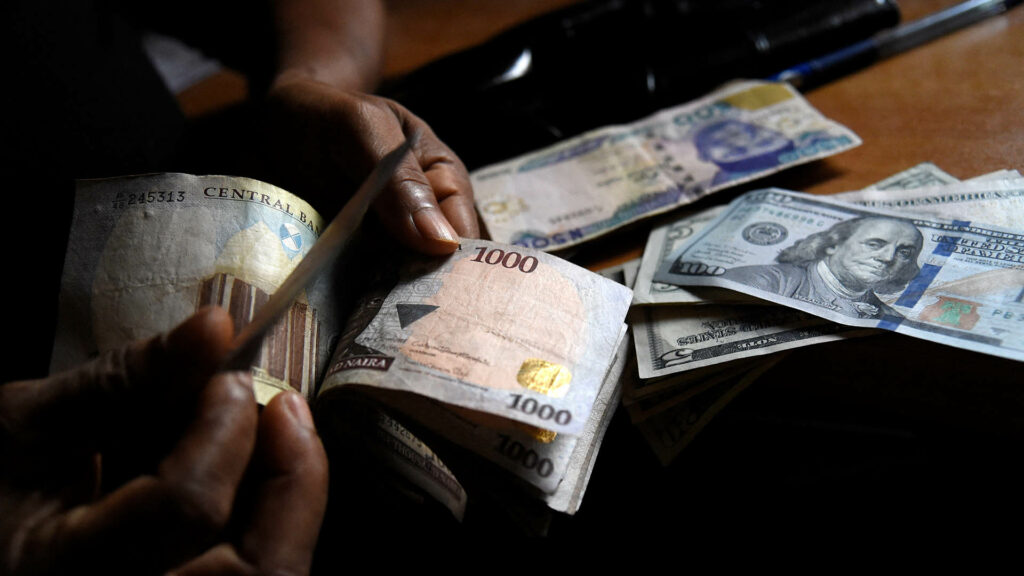|
Getting your Trinity Audio player ready...
|
The Nigerian Exchange Ltd. (NGX) is making a significant proposal aimed at mitigating the foreign exchange (FX) liquidity challenges currently gripping the nation. This proposal suggests the issuance of dollar bonds for companies operating within Nigeria's free trade zones and those earning foreign currency.
FX Reform Impact: Markets Excited but Corporates Struggle
While Nigeria's FX reform has generated excitement in the markets, it has proven challenging for some of the country's largest firms. These companies are grappling with difficulties accessing dollars for importing essential raw materials.
Furthermore, the depreciation of the naira has adversely affected their revenue streams.
An example of this impact is seen in Guinness Nigeria Plc, which reported a loss of N18.2 billion in 2023 compared to a profit of N15.7 billion in the previous year.

NGX's Solution: Dollar-Denominated Bond Listings
In response to these FX woes, the Nigerian Exchange Ltd. is proposing a unique solution. It advocates for companies within free trade zones and those with foreign currency earnings to issue bonds and offer equity denominated in dollars.
Bonds as a Financial Tool
Bonds, similar to bank loans, represent debt instruments with interest rates, extended over a specified period. Companies use bonds to raise capital by essentially borrowing money from bond investors.
In the case of dollar bonds, the attractiveness lies in drawing more investors due to reduced currency risk for U.S.-based creditors. By opting to issue dollar-denominated bonds, these companies can obtain the necessary dollars for their operations, bypassing the need to source dollars from the open market.

Expert Opinions: Skepticism Surrounding the Proposal
While the NGX's proposal is a noteworthy attempt to address short-term dollar shortages, experts express skepticism about its ability to resolve Nigeria's broader FX problems. Some concerns center around potential shortfalls in the expected liquidity of the capital market.
FX Market Realities: Deeper Issues
Nigeria's FX market is grappling with severe liquidity issues, with a substantial backlog of FX demand, estimated at approximately $10 billion.
Observers widely agree that Nigeria's FX crisis is not just cyclical but structural. This stems from the country's inability to generate sufficient FX.
Long-Term Solutions Required
To tackle this issue effectively, long-term solutions are imperative. These include boosting production levels, increasing exportation, improving the ease of doing business, and facilitating trade swaps.
Such measures can pave the way for sustainable FX stability.
CBN's Challenges: Unification and Restrictions
Despite efforts by the Central Bank of Nigeria (CBN) to unify FX rates, this goal remains unattainable due to the bank's inability to meet the demand for foreign exchange. This discrepancy has led to substantial price disparities between the parallel market and the official Investors and Exporters (I&E) window.
Moreover, the CBN maintains a list of 43 ineligible items for FX, further complicating the unification of exchange rates and driving demand in the parallel market. The World Bank, in its June 2023 Nigeria Development Update, recommended the removal of these restrictions as a potential remedy.
The reconsideration of this policy by the CBN remains uncertain, leaving the FX market in a state of flux.







